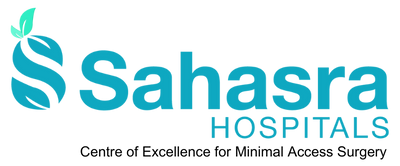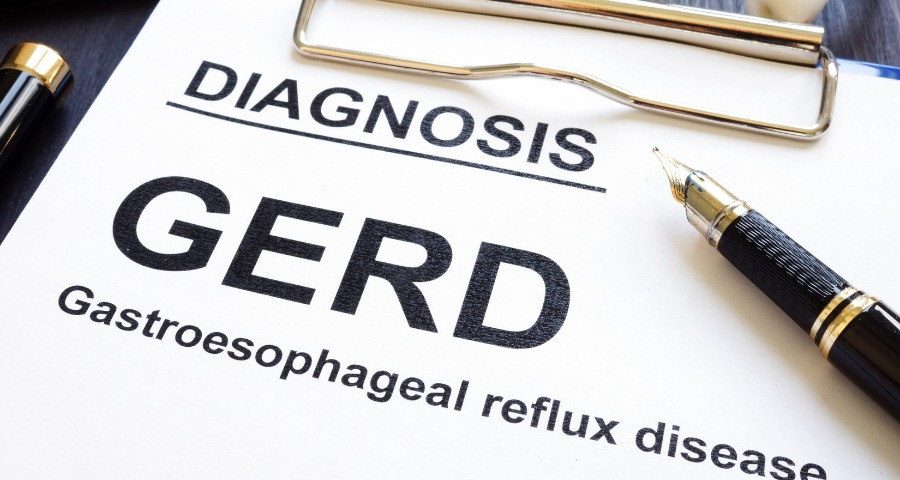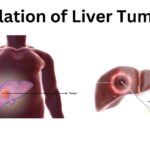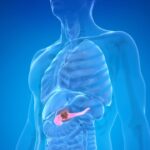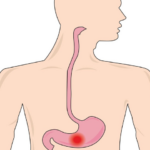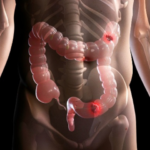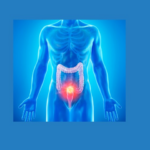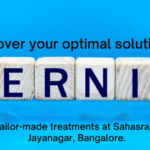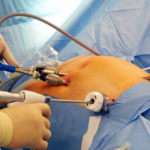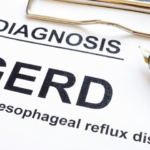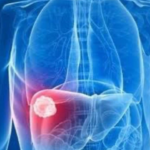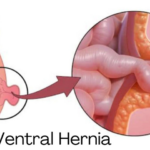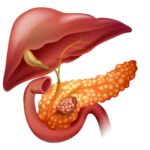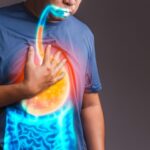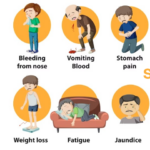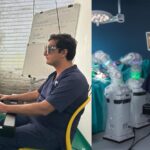GERD, or chronic acid reflux, is when stomach acid moves backward into the esophagus. It happens when the lower esophageal sphincter doesn’t close, allowing stomach acid to enter the esophagus.
Acid reflux and heartburn are normal sometimes. Regular use of medications may not prevent frequent acid reflux or heartburn, which could be a sign of GERD.
Causes of GERD?
GERD can affect people of all ages and its causes are often unknown. It happens when the valve preventing stomach contents from flowing back into the esophagus becomes weak or opens inappropriately.
Factors that can lead to this include:
1. Abdominal pressure. Pregnant women often have daily heartburn due to increased pressure.
2. Specific food types (e.g., dairy, spicy, fried) and eating habits.
3. Medications for asthma, high blood pressure, allergies, pain, sedation, and depression.
4. Hiatal hernia. The stomach bulges into the diaphragm, obstructing food intake.
5. Acidic substances cause reflux.
Symptoms
Common GERD symptoms include:
1. Chest burning sensation
2. Food or sour liquid backwash
3. Upper abdominal or chest pain.
4. Dysphagia
5. Throat lump sensation.
Nighttime acid reflux may cause additional symptoms:
1. Persistent cough.
2. Vocal cord inflammation.
3. Worsening asthma.
How is GERD treated?
1. Lifestyle changes: – Lifestyle changes can help alleviate symptoms.
a) Weight loss
b) Use extra pillows to elevate your head and upper back while sleeping, raising your head off the bed. 6-8 inches.
c) Quitting smoking
d) Diet change
2. Over-the-counter (OTC) and prescription medicines.
Numerous OTC treatments for GERD are present.
a) Antacids. It relieves mild symptoms. Avoid using these medicines daily or for severe symptoms. Medicines can cause side effects like diarrhea or constipation.
b) PPIs. PPIs reduce stomach acid production. PPIs are more effective than H2 blockers and can heal the esophageal lining in most cases. You may get PPIs without a prescription.
c) H2 blockers. H2 blockers reduce stomach acid production. H2 blockers are less effective than PPIs in healing the esophagus. You may get H2 blockers from your local pharmacy.
Surgical procedures
Dr. Srikanth Gadiyaram, who has been practicing medicine for over 20 years, will occasionally advise surgery if non-invasive methods have failed.
1. Fundoplication. Fundoplication is a common surgery for GERD. It often improves GERD symptoms long-term. Dr. Srikanth, a renowned Gastroenterologist can perform fundoplication using laparoscopic surgery. Laparoscopic fundoplication causes small scars& done as a day care /short stay procedure
2. Weight loss surgery. If you have GERD and obesity, weight-loss surgery, such as gastric bypass may be recommended. Bariatric surgery can aid weight loss and alleviate GERD symptoms.
3. Endoscopy: – An endoscope is used to perform endoscopy by inserting a small, flexible tube with a light and camera through your mouth and into your esophagus. Doctors use endoscopic procedures to sew the top of your stomach around the lower esophageal sphincter or deliver radiofrequency energy to the sphincter. It’s a less-used procedure.
What should I do if I suspect GERD?
Anyone can develop GERD, but some may be more at risk. GERD chances increase after age 40. Tissue damage occurs over time. Chronic acid reflux and heartburn affect your eating and sleeping habits.
Call Sahasra Hospital at 8880837000 or 9880105829., if GERD affects your daily life. GERD can lead to serious complications due to chronic inflammation of the esophagus.
You may need stronger medications or surgery to ease your symptoms.
